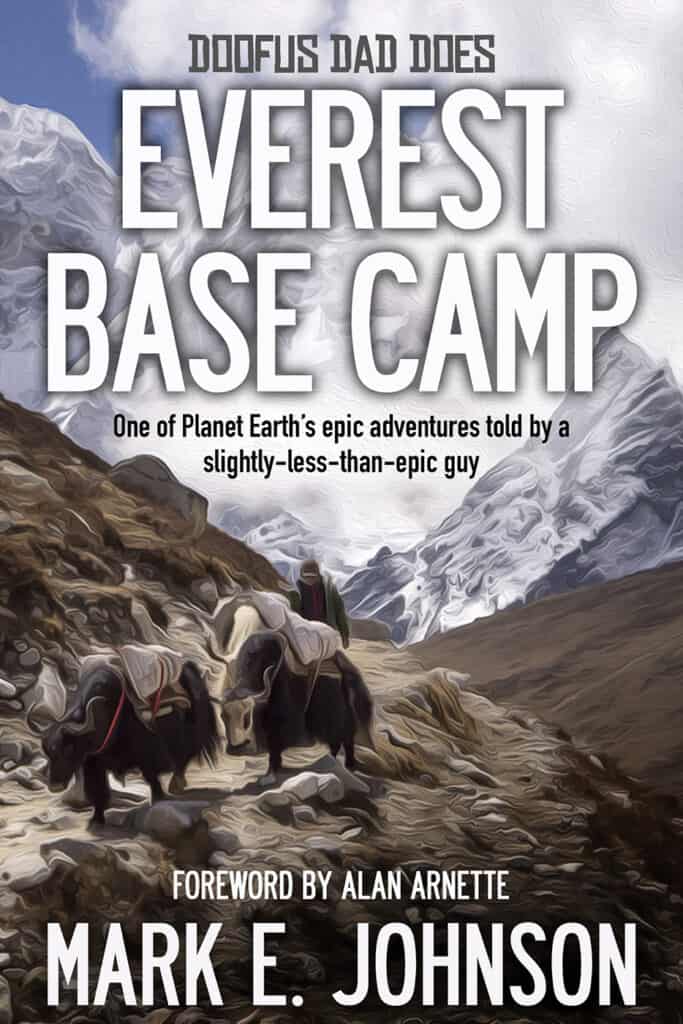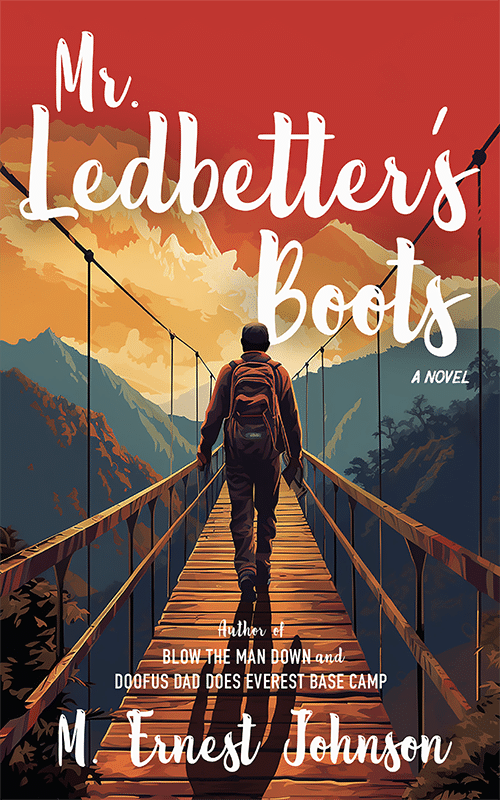The word “adventure” gets thrown around a lot in our industry. It’s even in the name — “adventure travel.” We must be careful not to lose sight of what adventure actually is.
Merriam Webster defines it as “an undertaking usually involving danger and unknown risks” and “an exciting or remarkable experience.” OK, sure. Both of those are reasonable, I guess, although I don’t consider most of our treks any more dangerous than a drive to the grocery store.
For me, the key words in those definitions are “unknown,” “remarkable,” and “experience.”
Let me explain.
It’s easy to look at a slick travel webpage (like one of ours, frankly), read the itinerary, and say to yourself, “I don’t see where the adventure is.” You might think that because there is a set itinerary and for most of our trips, you’ll be accompanied by a professional, local guide, this somehow removes the “adventure” part of the equation.
Umm, no. Not at all.
First of all, let’s get this out of the way: “adventure” doesn’t always mean risking life and limb. It can mean that, but it can mean other things, too, that don’t generally involve death. (Otherwise, I wouldn’t be promoting it!) Especially if you’ve never done a lot of overseas travel, simply finding your physical self in a new country is what makes what you’re doing adventurous. It is, in fact, remarkable.
What does the language sound like in person? What is the car ride from the airport like? How do people drive? What does the air smell like? Do strangers look at you and smile or just walk past with their heads down? Do they shake hands or do something else? (Fist-bumping seems to be an international phenomenon.)
How about the hotel room or lodge? Do they have weird power switches in the hallways that “turn on” the rooms? Are they super advanced, like nothing you’ve ever seen in the States? Is there a bidet in the bathroom?
Food is an adventure category of its own. What makes it different from American food? How is it served? What about that really strange thing that you’re hesitant to try? (Honestly, if everybody in this country eats it, it must be pretty good, right?) Sometimes, you’ve just got to close your eyes and hope for the best — you might be surprised.
What about the infrastructure? How are buildings built here? Are the roads better or worse than our roads? Woah — look at those hundreds of cinderblock homes built one on top of the other all the way to the top of that impossibly steep mountain! Do people actually live in those??
I would argue that these seemingly mundane things are what really make an overseas trip an adventure, and that’s not to mention the obvious reason that you’re there — to experience an amazing landscape on foot. Of course, there is clear adventure in hiking at high altitude in the Himalayas or Andes or Alps or to the top of Kilimanjaro, or canyoning in the Amazon rainforest, or snorkeling with the marine iguanas in the Galapagos Islands, but simply experiencing the unknowns of a country’s culture and infrastructure can be (and often is) as exciting as the physical stuff.
And guess what? All of this is what will make your daily life at home even more meaningful and beautiful. Adventure, really, is in venturing outside your comfort zone, experiencing another place, and returning home again with the memories of a lifetime.
Stop waiting. Be the hero of your own adventure!





There definitely is some inherent risk when trekking, just like all of the adventurous things we can do. Much of that risk can be mitigated by knowledge, experience, training and being aware and present while adventuring. I didn’t feel that having a guide removed any of the adventure at all, in fact, it significantly enhanced the trip. We still had to do all the work, we still had to concur the altitude, we still needed to train! A guide was a second pair of experienced eyes to make sure we were doing ok. A guide took care of the semantics that often detracted from an adventure. A guide has your back when trekking in a foreign country, overcoming any language barriers and making sure accommodations, food, and the over all experience goes smoothly. I would not trek in a foreign country without a guide, their knowledge of the area in invaluable!